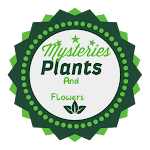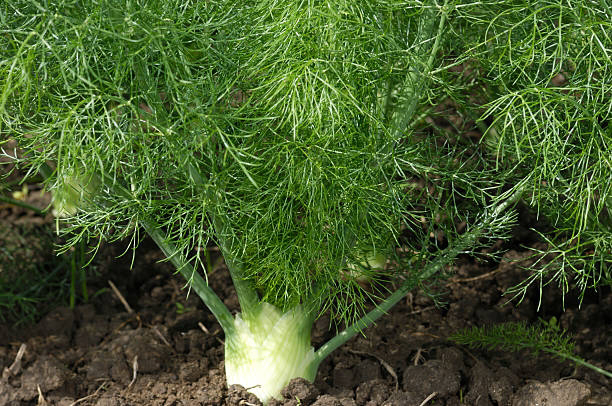Fennel, with its feathery green fronds and bulbous base, is more than just a pretty face on the veggie platter. Packed with flavor and potential health benefits, fennel has a rich history and surprising versatility. Let's delve into 13 fascinating facts about this remarkable plant:
1. Feathery Friend or Fragrant Foe? Fennel's aroma can be divisive. Some find its licorice-like scent delightful, while others find it overpowering. This distinct fragrance comes from anethole, an essential oil present in fennel seeds and fronds.
2. A Mediterranean Marvel: Fennel is believed to have originated in the Mediterranean region, where it has been cultivated for centuries. Ancient Greeks and Romans used fennel for both culinary and medicinal purposes.
3. More Than Just a Bulb: While the bulb is the most commonly eaten part, the entire fennel plant is edible. The feathery fronds can be used as a garnish or herb, similar to dill, and the seeds can be enjoyed whole or ground, adding a licorice punch to dishes.
4. A Culinary Chameleon: Fennel's flavor profile is complex, with notes of licorice, anise, and a hint of sweetness. This versatility makes it a welcome addition to various cuisines, from Italian sausages to fish dishes in the Mediterranean and stir-fries in Asia.
5. Beyond the Plate: Fennel isn't just for food! The essential oil extracted from fennel seeds has a variety of uses, including as a natural insect repellent and a potential fragrance ingredient.
6. A Friend to Digestion: Fennel has long been used as a digestive aid. Some studies suggest it may help relieve bloating, gas, and indigestion.
7. Respiratory Relief: Fennel's properties might extend to respiratory health. It's traditionally used to soothe coughs and ease congestion.
8. Ancient Antidote: In ancient China, fennel was used as an antidote to snakebite. While the scientific evidence for this is limited, it highlights the historical significance of this plant.
9. More Than Meets the Eye: Fennel is a powerhouse of nutrients. It's a good source of fiber, vitamin C, potassium, and manganese, all contributing to overall health.
10. Blooming Beauty: Don't discard the fennel flower! These yellow clusters are not only attractive but also edible, adding a delicate touch to salads or desserts.
11. Longevity Lover: This hardy perennial can thrive for several years in the garden with proper care, providing a continuous supply of fresh fennel for your culinary creations.
12. A Sister to Anise: Fennel is closely related to anise, another licorice-flavored herb. Both share the presence of anethole, which contributes to their distinctive taste and aroma.
13. A Symbol of Strength: In some cultures, fennel is associated with strength and vitality. Its feathery fronds reaching for the sun and its resilience as a perennial might have contributed to this symbolic meaning.
So, the next time you encounter fennel, remember it's not just a vegetable; it's a flavorful, potentially health-promoting, and historically significant plant with a story to tell.






